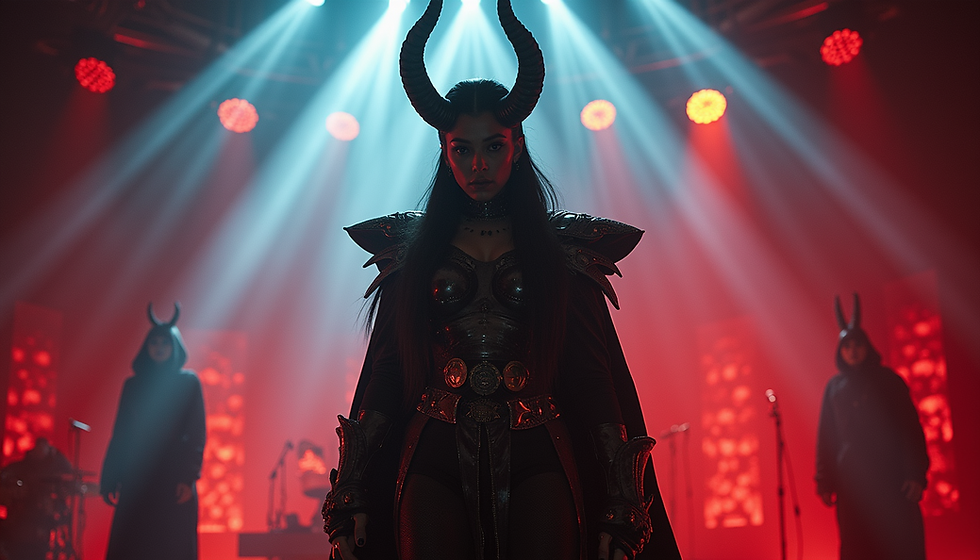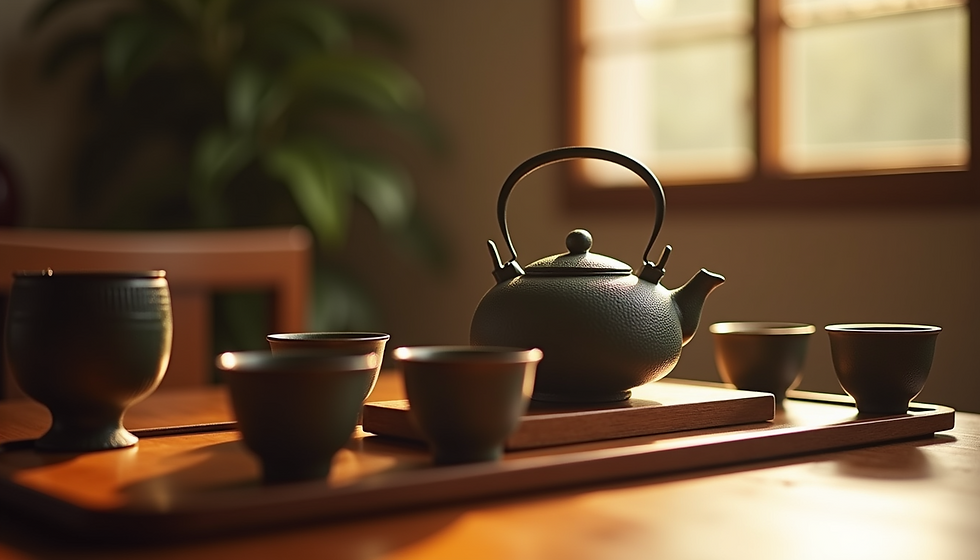Ninjutsu
- Joseph Fanning
- Sep 25, 2025
- 2 min read
Ninjutsu (忍術) is the traditional Japanese art associated with the skills of the ninja—covert agents or mercenaries in feudal Japan. It's often translated as “the art of stealth” or “the art of endurance,” and includes a wide range of techniques, strategies, and philosophies.
What Is Ninjutsu?
Ninjutsu is not just about fighting—it’s a full spectrum art of survival, espionage, and unconventional warfare. Historically, it was developed by the shinobi (ninja) as a counter to the more formalized samurai warfare.
🥷 Core Elements of Traditional Ninjutsu:
Taijutsu (体術) – Unarmed combat (striking, grappling, throws, joint locks).
Kenjutsu (剣術) – Swordsmanship (including katana and shorter blades like the ninjatō).
Bōjutsu (棒術) – Staff techniques.
Shurikenjutsu (手裏剣術) – Throwing weapons like shuriken.
Sojutsu (槍術) – Spear fighting.
Kusarigamajutsu (鎖鎌術) – Chain and sickle weapon use.
Kayakujutsu (火薬術) – Use of explosives and fire-based weapons.
Hensōjutsu (変装術) – Disguise and impersonation.
Shinobi-iri (忍び入り) – Stealth and infiltration techniques.
Intonjutsu (隠遁術) – Escape and evasion methods.
Tenmon & Chimon (天文・地文) – Understanding weather, geography, and terrain.
Philosophy & Strategy | Ninjutsu
Seishin teki kyōyō (精神的教養) – Spiritual refinement, mental discipline, and awareness.
Strategy, misdirection, adaptability, and unpredictability were valued as much as physical prowess.
Schools of Ninjutsu
Many modern styles claim descent from ancient ninja traditions. The most famous is:
Bujinkan – A martial arts organization founded by Masaaki Hatsumi, which teaches Togakure-ryū Ninjutsu and other classical samurai and ninja arts.
Other systems include Genbukan and Jinenkan, both founded by Hatsumi's former students.
Myth vs. Reality
Much of what people think of as ninjutsu today is influenced by:
Modern pop culture (Naruto, Ninja Turtles, action movies).
Romanticized or exaggerated historical accounts.
Esoteric or lost teachings with little documentation.
Real historical ninjas were more like spies or special forces operatives than magical warriors.
Want to Learn Ninjutsu?
You can look into:
Bujinkan dojos near you.
Books by Masaaki Hatsumi (e.g., The Way of the Ninja).
Training in practical self-defense, movement, and survival skills.
Joe is an orange belt Ninja.










Comments